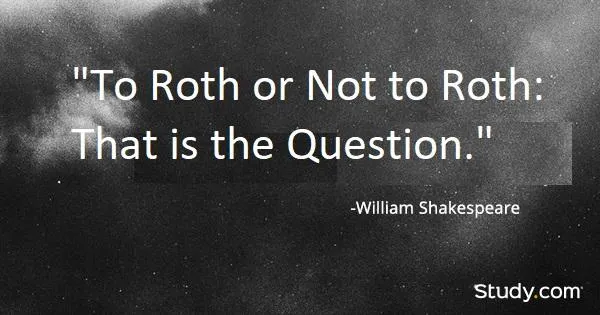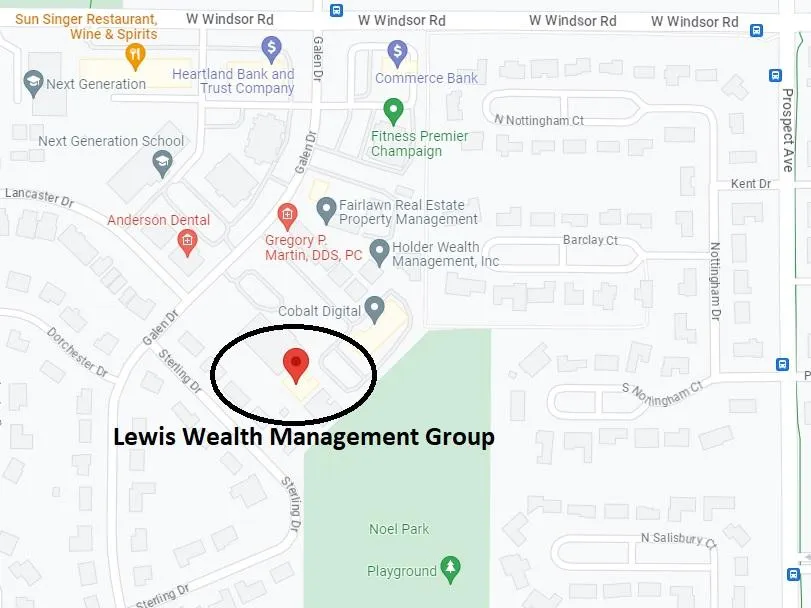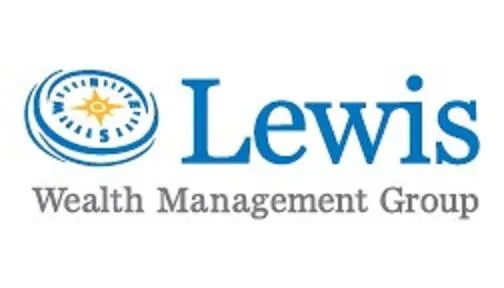
"To Roth, or Not to Roth: That is the question."
Whether you should contribute to a Roth 401(k), a Traditional 401(k), or both, depends on your individual financial situation, including your current tax bracket, expected tax bracket in retirement, and long-term financial goals.
Here's a breakdown of the pros and cons of each:
Roth 401(k)
Pros:
Tax-free withdrawals in retirement: The biggest advantage of a Roth 401(k) is that contributions are made with after-tax dollars, so qualified distributions in retirement are tax-free.
No required minimum distributions (RMDs): Unlike Traditional 401(k)s, original Roth 401(k) account owners are not subject to RMDs, allowing more flexibility in retirement planning. However, if the Roth 401(k) is inherited, beneficiaries might be subject to RMDs.
Tax diversification: Having both Traditional and Roth accounts allows you to diversify your tax risk in retirement. If you're unsure about future tax rates, having money in both types of accounts can provide flexibility.
Beneficial if taxes rise or if you're in a higher tax bracket in retirement: If you believe you'll be in a higher tax bracket in retirement or if tax rates in general are expected to rise, you'll benefit more from tax-free Roth withdrawals.
Cons:
Higher current tax burden: Since contributions are made with after-tax dollars, you'll pay more in taxes today.
Potential for wasted tax benefits: If you end up in a lower tax bracket in retirement, you might have been better off taking the tax deduction from Traditional contributions during your working years.
Traditional 401(k)
Pros:
Lower current tax burden: Contributions are made with pre-tax dollars, reducing your taxable income for the year and lowering your current tax bill.
Potential for lower tax in retirement: If you're in a lower tax bracket in retirement than you are now, you might end up paying less tax overall by deferring your tax payment.
Beneficial if you have a high current tax rate: If you're currently in a high tax bracket, the immediate tax savings from a Traditional 401(k) might be more attractive.
Cons:
Taxable withdrawals in retirement: Any distributions taken from a Traditional 401(k) in retirement are treated as ordinary income and are taxable.
Required minimum distributions (RMDs): Once you reach age 72, you must start taking minimum distributions from your Traditional 401(k), even if you don't need the money. This can increase your taxable income in retirement.
Tax rate risk: If tax rates increase in the future, or if you end up in a higher tax bracket in retirement, you could end up paying more tax on distributions than you saved on contributions.
Final Thoughts:
The decision between Roth and Traditional often boils down to when you prefer to pay taxes: now or later. Some people choose to split their contributions between both types of accounts to hedge against future tax uncertainty.
However, your personal circumstances and projections for the future play a crucial role in this decision. It's beneficial to consult with a financial planner or tax advisor to make the best decision tailored to your situation.
©2023 Lewis Wealth Management Group. All rights reserved.
Lewis Wealth Management Group
217-337-5584
2506 Galen Drive Ste 104
Champaign IL 61821
Check the background of your financial professional on FINRA's BrokerCheck.


